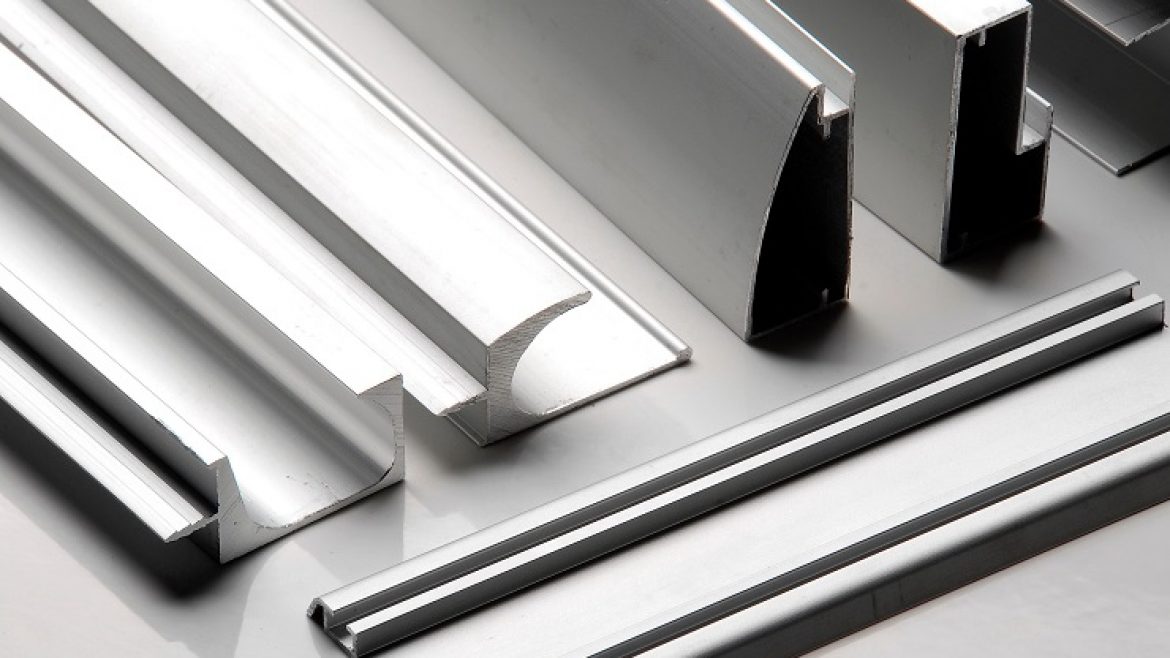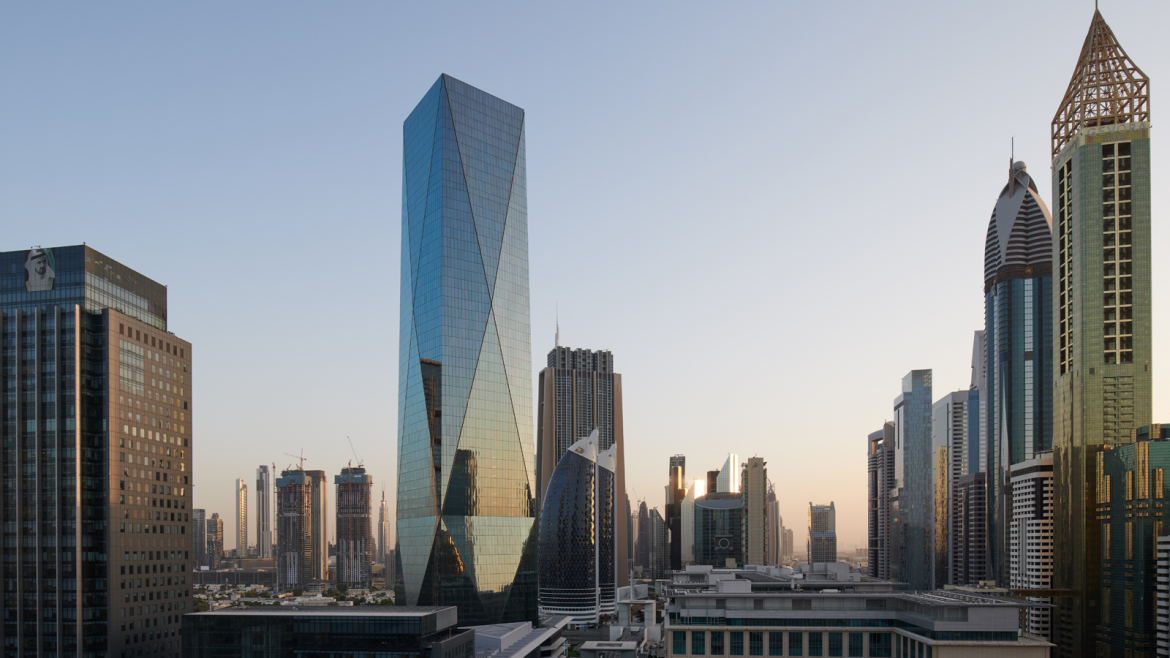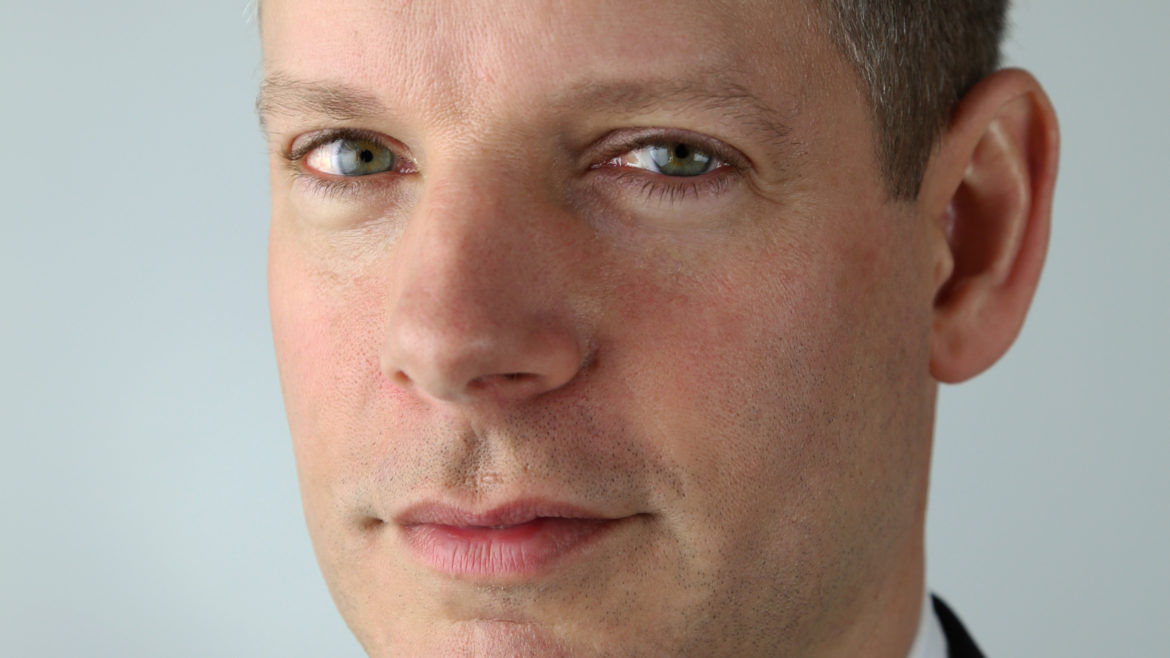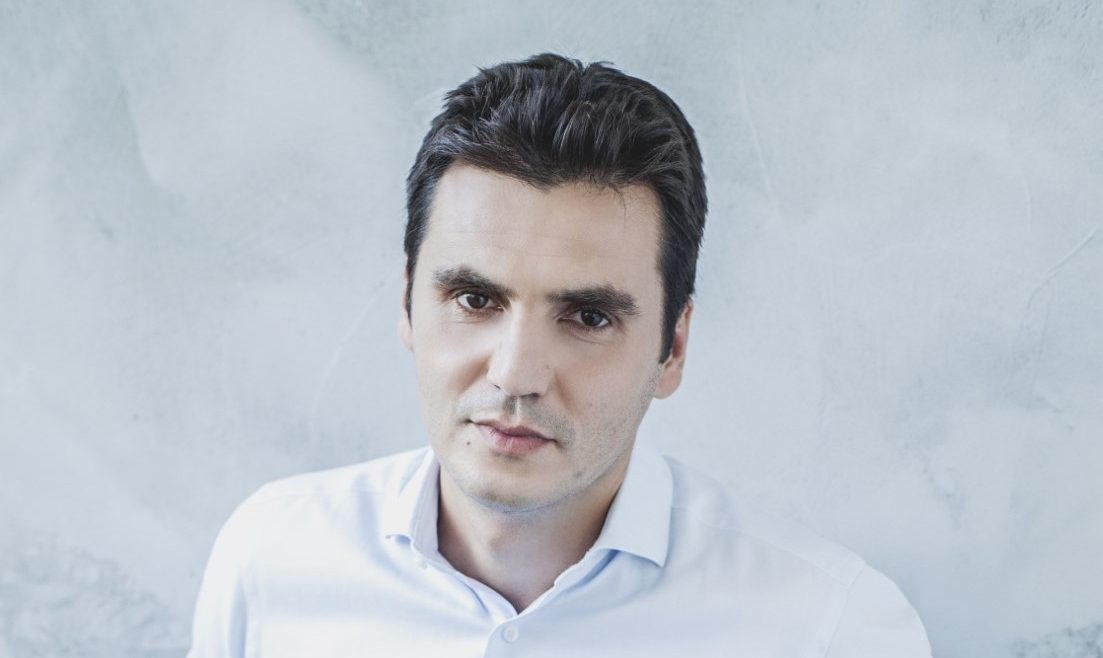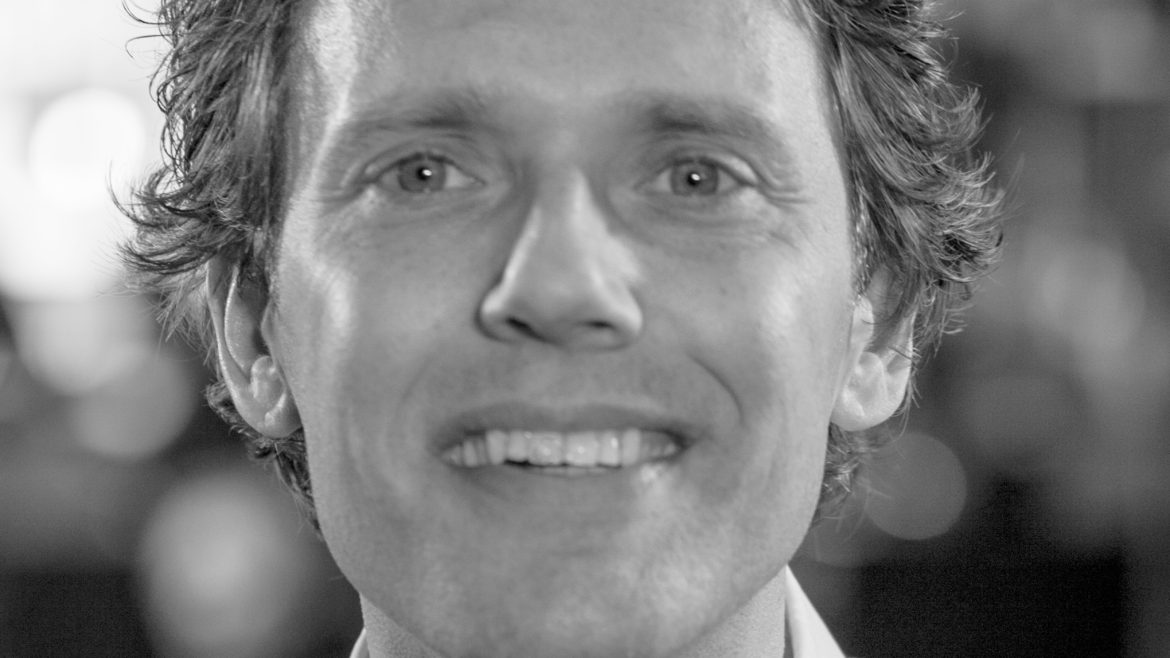
The post-pandemic world is preparing to return to office life with the advancement of the vaccination campaign and art can be one of the most powerful tool, “a marketing gold” for real estate owners and developers, says Andrei Breahna, co-founder of GAEP contemporary art gallery in Bucharest that totally sparkled the modern cultural landscape of Bucharest in the recent years.
And this is because real estate owners know that art can make a statement about the quality and the uniqueness of their projects, Andrei says in the most recent dialogue with BUCHAREST REAL ESTATE CLUB:
Relation between Art and Employees` Mental Wellbeing
The positive impact of art on employees’ wellbeing is pretty well documented. For instance, an extensive survey by the British Council for Offices and International Art Consultants shows that 61% of employees believe art and artists inspire them to think and work more creatively and 93% of them agree that art makes spaces more welcoming for both staff and visitors.
Furthermore, there is growing evidence that an appealing workplace can increase productivity. The key, however, is to make employees part of the process, not just hang some artworks on the walls. In a study by Identity Realization, a research group based at the University of Exeter, the researchers created three types of working environments: a “lean” office, with minimal decoration; an “enriched” office, with plants and art; and an “empowered” office, in which the staff could decide what they displayed and how. The results were persuasive. People in the enriched office worked about 15% faster than those in the lean office. Productivity and wellbeing increased even further – by around 30% – in the empowered office.
Why Art & Real Estate
Traditionally, art has been used as a high-end amenity to attract clients. ”Art can be marketing gold” is something of a leitmotif, especially for luxury real-estate developers in the US and Asia. That’s because they know art can make a statement about the quality and the uniqueness of their project. And with the right artworks, either acquired and commissioned, it is a powerful statement.
What excites me when travelling abroad is to see that art is more than an island in these premium buildings. It is an integral part of the fabric of the city. In New York, any major new civic space or public infrastructure project has some public art. Hospitals help patients heal with the power of art. The numerous museums, galleries and artist-run spaces are creative hubs full of energy.
Circling back to the idea of art being part of people’s lives, I think real-estate projects at all price ranges can employ art to make people feel proud of the places they live or work in. And developers do have a lot of options: buying artworks, commissioning site-specific works, presenting rotating exhibitions, sponsoring on-site art programming, offering different art-related experiences to prospective clients, etc. Where should they start? The first step is simple: start a conversation with a gallery who represents artists and has access to a significant number of artworks.
 Added Value of Art in Office Buildings
Added Value of Art in Office Buildings
It can definitely be used as an identity and branding tool, especially here, in Bucharest, as the number of office buildings that have incorporated art is quite low. Looking at best practices in other countries, one notices that companies select or commission artworks that embody their values or their organizational spirit.
For organizations with CSR or outreach programmes, art can foster better community relations – for instance, by supporting local artists.
And in the post-pandemic reality, when the office will compete with more relaxed working spaces (home, first of all), it is essential that the office is a place where people like to be in. A destination of choice. Art can contribute to this, as well.
Art and Real Estate Investments
I see them as complementary investments. If you’ve put your money into real estate, why not enhance the space with art? It will create a more aesthetic environment and it will increase property values.
As for the reasons to invest in art, I noticed a subtle mix of financial and non-financial drivers. Art buyers want to beautify their spaces, to express their tastes and to share their interest in art with friends or social contacts. But they also buy art to diversify their wealth portfolio or as a hedge against inflation. An interesting recent development is that financial motivations tend to decline with age: according to the global survey Art Market Report 2020, three quarters of millennial art collectors regard financial factors as important versus a third or less of people over 55.
About Andrei Breahna & GAEP
Cultural manager, gallerist and collector, Andrei Breahna is the co-founder of GAEP, a contemporary art gallery with a vibrant exhibitions programme featuring the work of established and emerging artists. Since 2014, the gallery has presented more than 30 exhibitions in its elegant space on 50 Plantelor Street, Bucharest and has participated in over 20 international art fairs, including the award-winning participations at ARCOmadrid 2019 and Artissima 2017.





